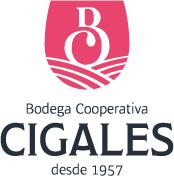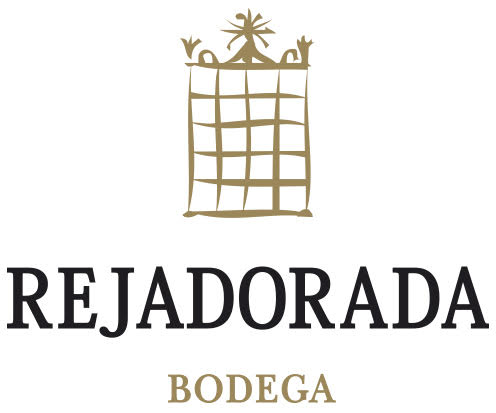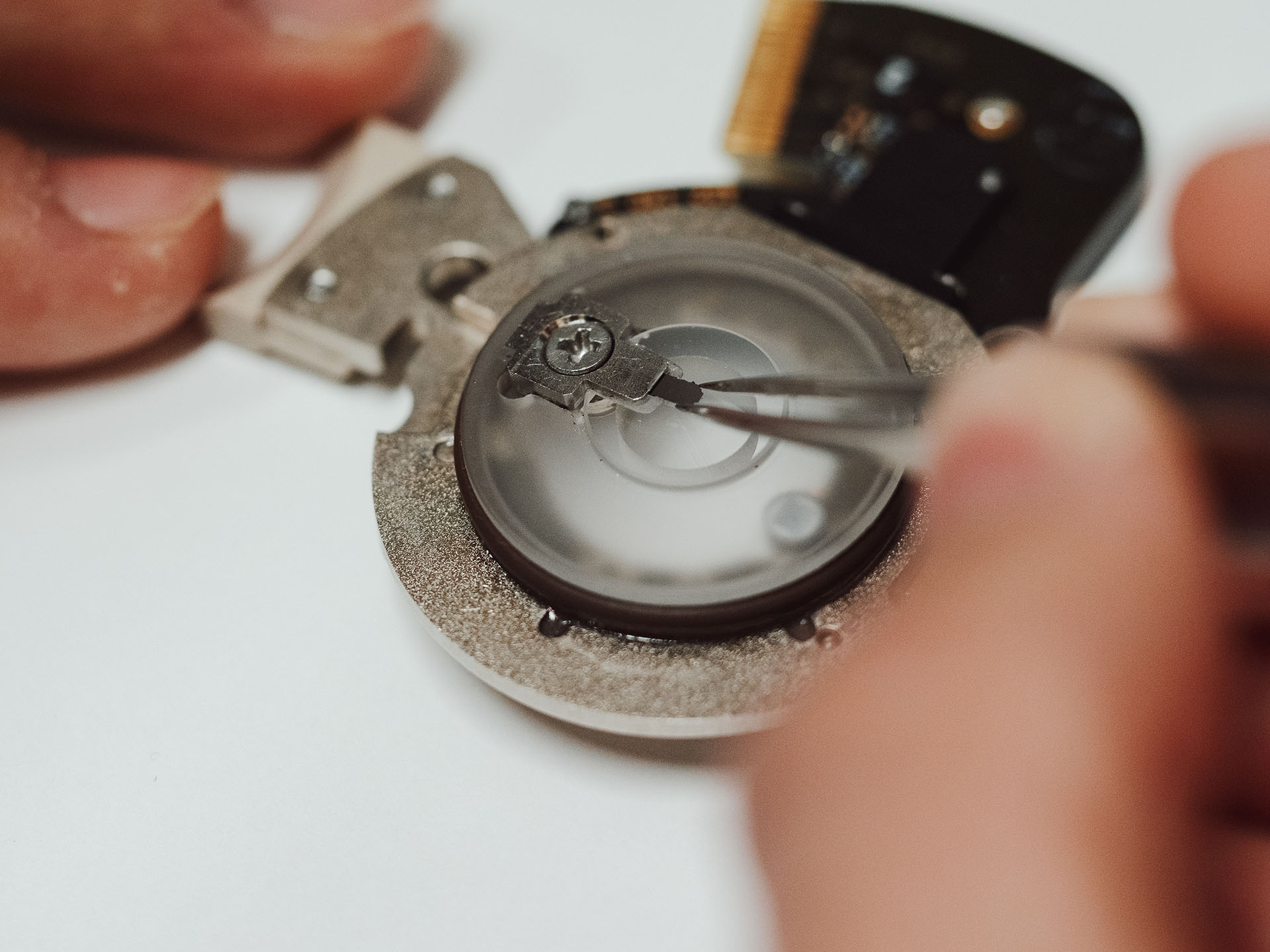Ref: VA011U16
Research projects co-financed by the European Regional Development Fund (ERDF). BOCyL 23 August 2016.
Funding entity:

Partner companies:


Total project budget: 120.000 €
Start date: 31/08/2016
End date: 31/12/2018
Principal investigator:

Mª Luz Rodríguez Méndez
Catedrática de Química inorgánica
Number of participating researchers: 7
Antioxidants present in foods have an important beneficial effect on health, as well as contributing to the organoleptic characteristics of foods and their preservation. Although there are several methods for detecting the presence of antioxidants and analysing the antioxidant capacity of foods, these techniques require long analysis times and are therefore not suitable for routine tests at industrial level. This project applies new technologies developed in the field of Materials and Nanoscience to the design of new sensors capable of efficiently analysing the presence of antioxidants in food.
Specifically, this project will develop new cellular polymers with nanometric pore size (nanocellular polymers), with a high surface to volume ratio, which will act as a support for sensitive materials such as metallic nanoparticles or phthalocyanines. These new materials will be fabricated using environmentally clean technologies and have the potential to substantially improve the sensing capability of current solutions.
These devices will be used as electrochemical impedance and/or voltammetric sensors and will be able to detect antioxidants typically present in beverages and foods such as wines, with detection limits in the 10-3-10-5 M range. The sensors will be disposable and inexpensive as demanded by the food industry.


